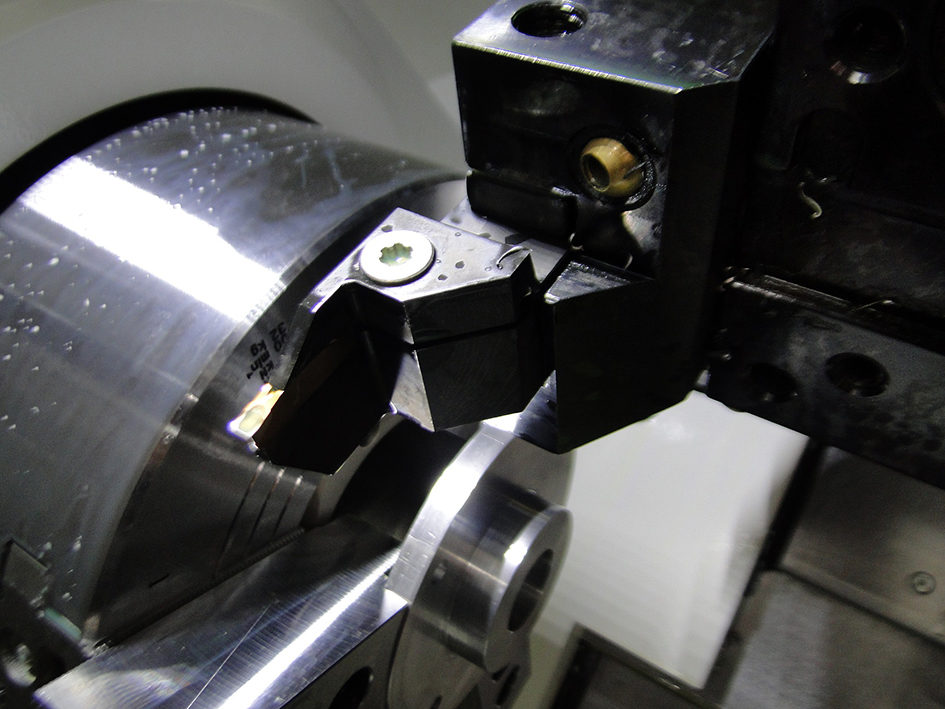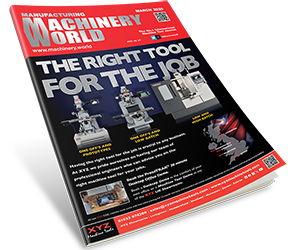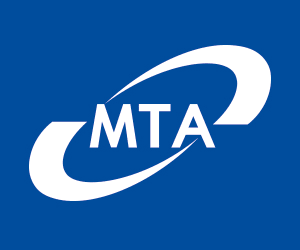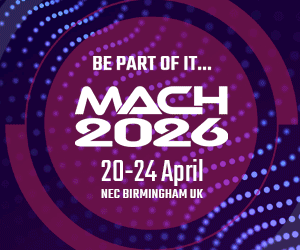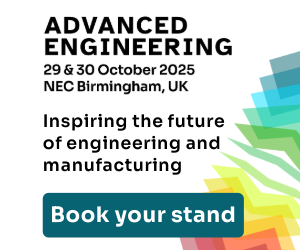Investment in DMG MORI machines at Sheffield Hallam University brings the latest CNC turning technology to the over 700 students each year who study engineering in all its forms, including aerospace, mechanical, manufacturing and materials.
Ian Broome, Senior Technician, Engineering in the Faculty of Arts, Computing, Engineering and Science at the university says, “We needed to update the machinery in our workshops to provide the best and most up to date facilities for our students. Investing in DMG MORI turning centres makes us compatible and in line with much of the technology currently used in industry. Not only will this give our students an advantage in finding employment once they have completed their courses, but it will also give employers increased access to the type of skills that are most relevant to their businesses.”
Sheffield Hallam University invested in two DMG MORI turning centres one with Y-axis, driven tooling, a maximum turning diameter of 400mm and part catcher. The second two axis turning centre has a maximum turning diameter of 200mm and 30m/min rapid traverse on all axes. Both machines have optimised cast iron beds for the best stiffness and vibration characteristics. Ball screws of the highest quality and linear roller bearing guideways are combined to meet the highest standards in production. The Siemens controls on the two machines are compatible with the other CNC controls used at the university, maintaining continuity for teaching. Ian Broome adds, “Having the right equipment attracts students and is an important part of ensuring they get the best value for their investment in training. For us the training we received from DMG MORI made it easy for us to get running and demonstrated that programming Y-axis complex parts was straightforward.”
Around 40% of the available machine time is used for teaching. The remaining time is used for the production of prototypes for students in design and engineering, to manufacture their final and midterm projects. It also supports research within the university and in the manufacture of complex components for the Formula Student racing car competition. Previously, much of this work was subcontracted as was the manufacture of tensile testing samples and compression platens. Moving the manufacture in house reduces costs, speeds up the response time for part manufacture and increases skill levels and learning opportunities.
Ian Broome says, “During our Open Day, we made over 200 parts, which featured turning and impressive rigid tapping operations. The parts were perfect every time, demonstrating the possibilities opened up by the technology, for more advanced manufacturing within the university and its courses.”
When choosing which machines to invest in, Sheffield Hallam University wanted to include as much advanced technology as possible in each machine. The DMG MORI machines provided the optimum solution, comprising reliability, Y-axis and driven tooling, considerably more power than their previous machines, high pressure coolant, a futuristic aesthetic design and large viewing window, ideal for a teaching environment. Ian Broome says, “The advanced design of these machines will future proof the workshop. They are easy to programme on the control, including any complex rotary milling or drilling operations, and the simulation gives us absolute confidence in the machining results. The power of the machine is exceptional, enabling us to perform cutting operations which would have been impossible on our old machinery.”
As part of their courses, students participate in work placements with local industry in a knowledge transfer partnership. The two DMG MORI machines will play an important role in the development of these partnerships, benefiting both the company involved and the university and contributing significantly to student development.


